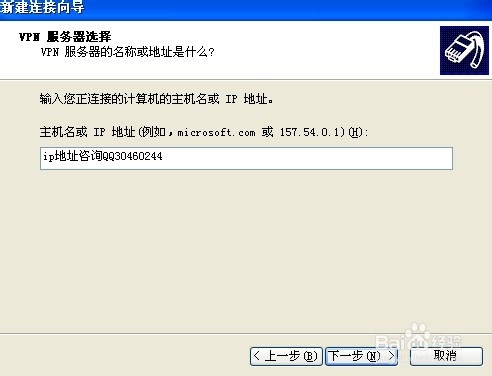伊朗宣布解禁WhatsApp等海外社交平台,此前这些平台因种种原因在伊朗受到访问限制。此举旨在促进国际交流和通信便利,同时也是对互联网自由化的进一步尝试。此举有望为伊朗民众提供更多信息和社交选择,也有助于改善国家与全球社会的联系。对于这一决策是否能够有效实施以及未来的监管措施等问题,仍需进一步观察和分析。
Iran解禁WhatsApp等海外平台:可靠性执行策略英文版分析
Recently, the Iranian government has made a significant decision to lift the ban on overseas platforms such as WhatsApp, marking a new chapter in the country's digital landscape. This move not only demonstrates the government's commitment to enhancing connectivity and promoting digitalization but also sheds light on its strategy of reliable execution. In this article, we will explore the implications of this decision and analyze the reliability execution strategy in an English perspective.
Firstly, the lifting of the ban on WhatsApp and other overseas platforms in Iran is a positive step towards promoting digital connectivity and cultural exchange. As the world becomes increasingly interconnected, social media platforms have become important channels for communication and information sharing. By allowing the use of these platforms, Iran is providing its citizens with access to global information and communication tools, which can foster cultural understanding and exchange. This also indicates the government's willingness to embrace technology and its potential to transform society in a positive way.
Secondly, the reliability execution strategy employed by Iran in this decision is crucial for ensuring the success of the initiative. Without a robust strategy, the lifting of the ban could have resulted in several challenges, including security risks and potential misuse of these platforms. However, by implementing a reliability execution strategy, Iran has taken steps to mitigate these risks. This strategy likely involves measures such as strengthening cybersecurity, implementing content filtering mechanisms, and monitoring the usage of these platforms to ensure they are used for legitimate purposes.
The reliability execution strategy also encompasses ensuring the stability and performance of these platforms in Iran. Given the country's complex technical landscape and potential challenges in implementing such a policy, the government has likely taken into account various factors, including infrastructure readiness, user training, and technical support. This ensures that the transition to these new platforms is smooth and does not result in any major disruptions.
Furthermore, the decision to lift the ban on overseas platforms can also be seen as a step towards improving the business environment in Iran. With increased access to global information and communication tools, businesses in Iran can expand their outreach and connect with potential customers and partners worldwide. This can foster economic growth and development, as well as enhance the country's reputation as a place that welcomes foreign investment and technology.
Moreover, the reliability execution strategy also encompasses ensuring public trust and confidence in this new policy. The Iranian government knows that lifting the ban on overseas platforms can be a sensitive issue, and it must ensure that its citizens trust the decisions made. By implementing a robust strategy that prioritizes security and content control, the government is demonstrating its commitment to ensuring public trust and confidence in this initiative.
In conclusion, Iran's decision to lift the ban on WhatsApp and other overseas platforms is a positive step towards promoting digital connectivity and cultural exchange in the country. The reliability execution strategy employed by the government is crucial for ensuring the success of this initiative and addressing potential challenges. By focusing on measures such as cybersecurity, content filtering, technical support, and public trust, Iran is well on its way to embracing technology and harnessing its potential to transform society in a positive way. This decision also marks a new era of collaboration and partnership between the government and technology companies, which can pave the way for further advancements in the future.




 鲁ICP备18004545号-1
鲁ICP备18004545号-1 鲁ICP备18004545号-1
鲁ICP备18004545号-1